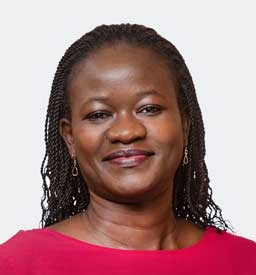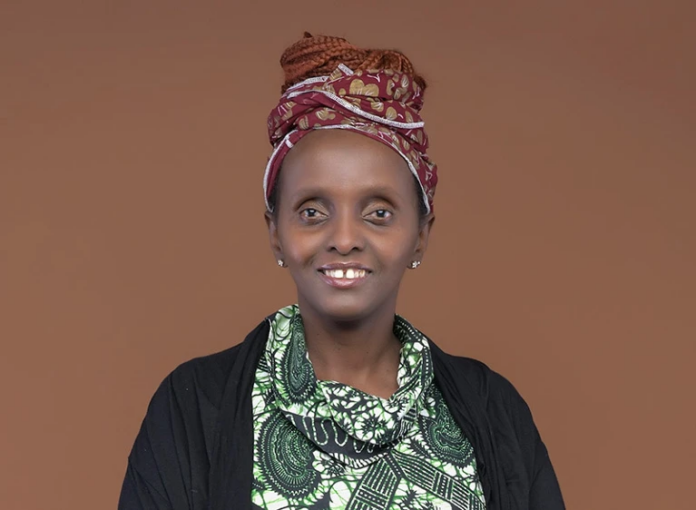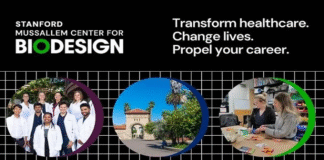Africa stands at a pivotal juncture in its scientific advancement, with innovative funding systems emerging as critical tools to combat inequities within its research landscape. Susan Gichoga, a grants officer at the Science for Africa Foundation in Nairobi, Kenya, advocates for a transformative approach to funding African research and development (R&D). She highlights the pressing need for African countries to increase investment in R&D, emphasizing that while external grants currently sustain much of the continent’s scientific endeavors, true sovereignty in research can only be achieved through internal commitment and financial backing.
Gichoga underscores the inherent limitations of merit-based grant systems, which often favor researchers and institutions from affluent nations, perpetuating disparities in access and opportunity. To address this imbalance, she champions the hub-and-spoke model as a promising paradigm shift in funding allocation. In this model, a central hub, typically an African research institution, receives funding and strategically distributes resources to satellite institutions or “spokes,” fostering collaboration and knowledge exchange.
Central to the hub-and-spoke model is its emphasis on diversity and equity. Gichoga emphasizes the importance of inclusivity in grant allocation, advocating for a balanced distribution of funding across diverse research entities. By prioritizing African institutions and fostering global partnerships, this model aims to democratize access to research opportunities while amplifying the continent’s scientific voice on the world stage.
DELTAS Africa, spearheaded by the Science for Africa Foundation, exemplifies the successful implementation of the hub-and-spoke model, with support from prominent international funders like Welcome and the UK Foreign, Commonwealth, and Development Office. Through DELTAS Africa, Gichoga highlights the strides made towards gender parity and inclusive representation within the scientific community, challenging conventional norms and promoting a more equitable research ecosystem.
However, Gichoga acknowledges the inherent complexities and challenges of implementing such innovative funding mechanisms. Cultural differences, administrative hurdles, and performance evaluation pose significant obstacles to effective grant management. Nonetheless, she contends that the benefits outweigh the challenges, as evidenced by the model’s ability to enhance proposal quality, foster collaboration, and maximize research impact.
Paul Adepoju, echoing Gichoga’s sentiments, emphasizes the urgency of bolstering R&D investment across the continent. As president of the African Development Bank, Adepoju advocates for a paradigm shift in Africa’s approach to research funding, citing the continent’s dismal track record in R&D expenditure compared to the global average. He underscores the critical role of research in addressing Africa’s unique public health challenges and reducing reliance on imported pharmaceuticals.

Illustrative Image: Advancing African Science: Innovative Funding Models and Urgent Calls for R&D Investment
Image Source & Credit: Carb-X
Ownership and Usage Policy
Adepoju’s call to action resonates with Janet Midega and her colleagues, who emphasize the integral link between higher education and scientific research. They highlight the need for African universities to expand their research infrastructure and integrate teaching with hands-on scientific inquiry. However, they lament the pervasive challenges facing many African universities, including inadequate funding, resource shortages, and prolonged periods of unrest.
In response to these challenges, Adepoju emphasizes the imperative of stable learning environments and well-supported faculty to drive meaningful scientific progress. He underscores the detrimental impact of protracted strikes and institutional instability on knowledge dissemination and scientific innovation, advocating for greater governmental accountability and investment in higher education.
In conclusion, Gichoga and Adepoju offer a compelling vision for advancing African science through innovative funding models, collaborative partnerships, and sustained investment in research and development. Their impassioned advocacy underscores the transformative potential of equitable funding mechanisms to catalyze scientific innovation, address systemic inequities, and propel Africa towards a more prosperous and sustainable future.
















 The African Research (AR) Index is a comprehensive scholarly directory and database focused explicitly on journal publishers that publish and disseminate African research.
The African Research (AR) Index is a comprehensive scholarly directory and database focused explicitly on journal publishers that publish and disseminate African research.

